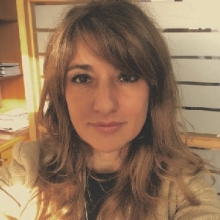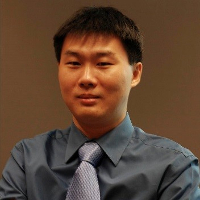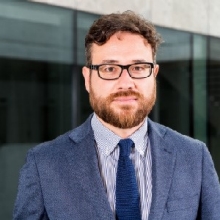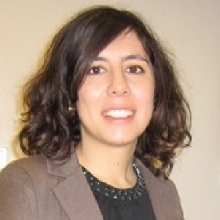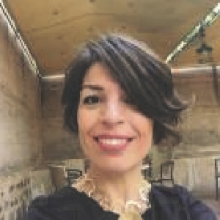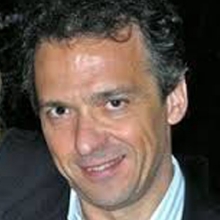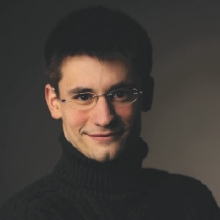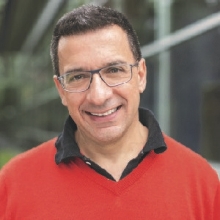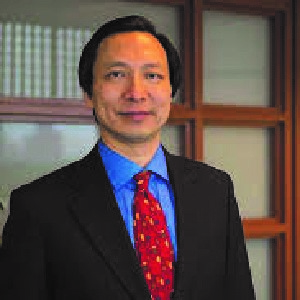
The production of most goods is increasingly organised along global value chains, in which different stages of the production process are fragmented across countries. The Third Conference on Global Value Chains, Trade and Development will take place at the National University of Singapore on May 19–20, 2017, with the goal of stimulating research on the important and timely questions raised be the emergence of global value chains.
The conference is organised by Paola Conconi (Director of the CEPR Research Network on Global Value Chains, Trade and Development), Daria Taglioni (Global Solutions Lead of the World Bank’s Trade and Competitiveness Global Practice), and Paramita Dasgupta (Practice Manager, Trade and Competitiveness Global Practice, Singapore Hub).
For more information about the conference, contact Patrick Ibay at pibay@worldbank.org or +1 202-473-8584.

